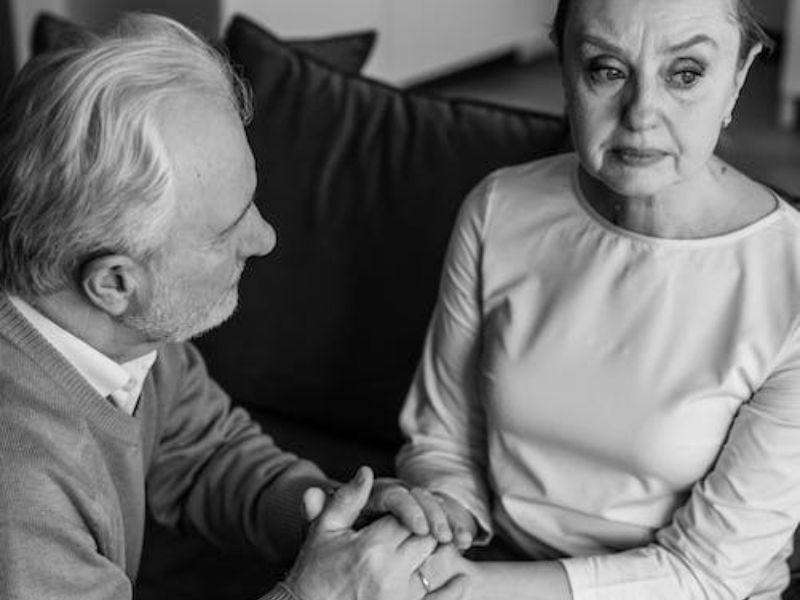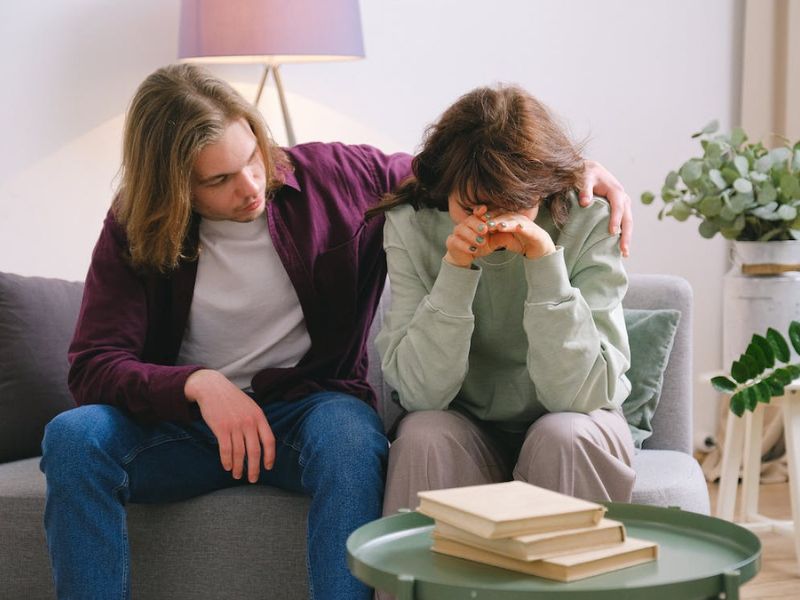Grief is a natural and universal human experience that can occur in response to various losses, such as the death of a loved one, the end of a relationship, or the loss of a job. However, a type of grief often goes unnoticed and unacknowledged: disenfranchised grief.
Disenfranchised grief is the experience of grieving a loss that is not socially recognized or validated. One may lose a pet, experience a miscarriage, end a nontraditional relationship, or lose a dream they had envisioned for themselves. People who experience disenfranchised grief often feel unsupported and invalidated in their distress, as their loss is not considered significant enough to warrant sympathy or support from others.

Image Credit: Pexels/Pavel Danilyuk
One of the challenges of disenfranchised grief is that it can be difficult to share with others due to fear of judgment or dismissal. It can lead to feelings of isolation and loneliness, exacerbating the grief experience. It can also make it challenging to find appropriate support and resources to help cope with the loss.
It’s essential to recognize that all grief is valid, regardless of whether or not it is socially recognized or validated. Everyone’s experience of grief is unique and should be respected and acknowledged. Providing a safe and supportive environment for people to share their experiences of disenfranchised grief can help to reduce feelings of isolation and give a sense of validation and acceptance.

Image Credit: Pexels/SHVETS production
If you are experiencing disenfranchised grief, it’s essential to seek support from trusted friends and family members or a therapist or grief counselor who can help you navigate your emotions and provide resources for coping with your loss. There are also support groups and online communities that can provide a safe and supportive space for sharing your experiences of disenfranchised grief.
In conclusion, disenfranchised grief is a type of loss that is often overlooked and misunderstood. By raising awareness and providing support for those experiencing disenfranchised grief, we can help reduce feelings of isolation and give all grieving a sense of validation and acceptance.